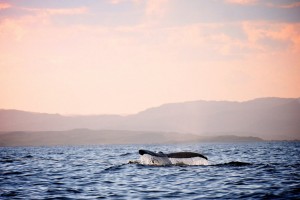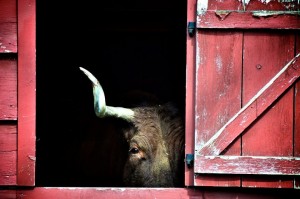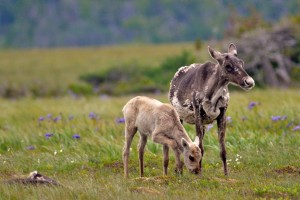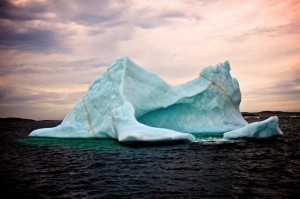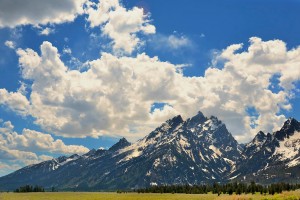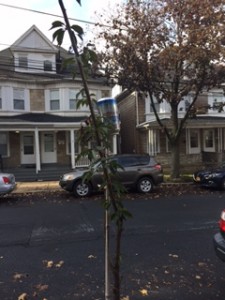“I stepped into the field, and they all halted. They stopped short, drew up, and looked at me, every one. I stopped too, suddenly as self-conscious as if I were before a firing squad. What are you going to do? I looked over the field, at all those cocked heads and black eyes. I’m staying here. You all go on. I’m staying here” (Dillard, 255).
This passage seems relevant to a commonly discussed theme of how man intrudes in nature. In this scene, the narrator asserts dominance and claims this place, much like how man has entered natural areas and overtaken them for the best interest of mankind.
“They [monarchs] fly over Lake Superior without resting; in fact, observers there have discovered a curious thing. Instead of flying directly south, the monarchs crossing high over the water take an inexplicable turn toward the east. Then when they reach an invisible point, they all veer south again. Each successive swarm repeats this mysterious dogleg movement, year after year. Entomologists actually think that the butterflies might be ‘remembering’ the position of a long-gone, looming glacier” (Dillard, 258).
This passage about monarch strength and movement was especially captivating. These little creatures are so powerful and mighty as they fly through the skies and travel great distances as part of their necessary lifestyle. Their memory ability is also interesting in the idea that they might fly a certain path because of this ingrained notion that a glacier still blocks their path. Butterflies are simply fascinating little creatures.
“We saw the planet Venus bright as radium floating close to the shoulder of the new moon. We watched the stars, and meteor showers, and the snaky ripple of cloud-to-cloud lightning coursing across the sky at night” (Abbey, 51).
This passage shows how the narrator consciously looked beyond what was right in front of him, to the sky and the solar system. This acknowledges the metaphysics of the world and the natural wonders of the planet on such a grand scale. The narrator sees the world in its small place in the grander scheme of things, and how so many pieces interact in this great system.


